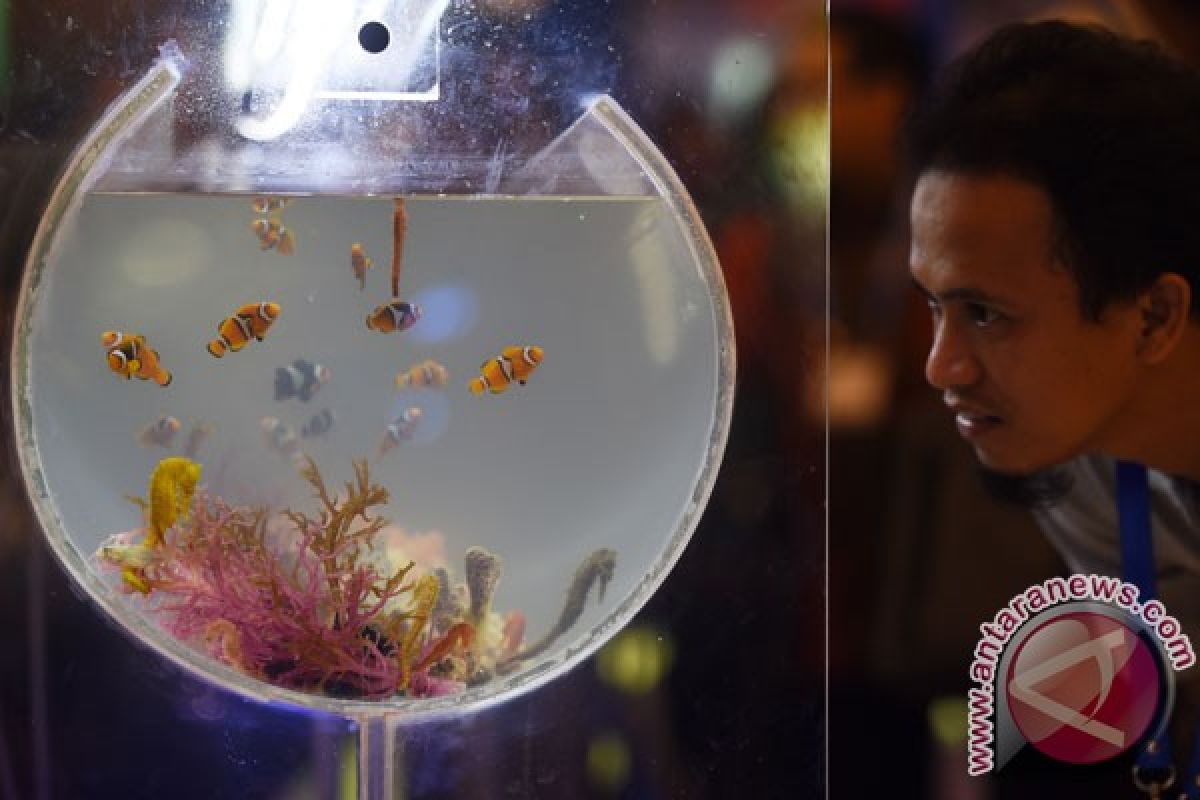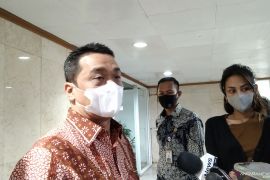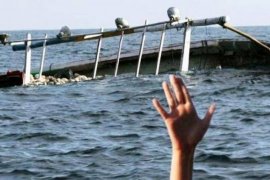Xenobiotic will affect the productivity of fishery, ecosystem health, food and biomedical security."Bogor (ANTARA News) - A study shows that a certain enzyme produced by fish liver can be an indicator of aquatic contamination, a professor of Bogor Institute of Agriculture (IPB) has revealed.
Professor of Marine and Fishery Science Faculty of IPB Djamar T.F. Lumban Batu said here on Friday that the enzyme produced by the fish liver that can detect pollutant in aquatic habitat is called the cty p-450.
Fish has a capability of biotransformation, bioaccumulation and detoxification to reduce the toxicity level in their body, Djamar pointed out.
Conducting a ten-year study on sub-cellular level using a concept of drug-metabolizing enzyme activities, Djamar managed to identify contaminants in the aquatic environment with a sensitivity level of picomole, a unit of substance equal to one trillionth (10-12) of a mole.
"One of the results of the research showed that the quantity of cty p-450 in snappers and chub mackerels inhabiting the Jakarta Bay is 46 percent higher than those of Pelabuhan Ratu water," Djamar explained.
That means the quality of fish in Pelabuhan Ratu is better that those from Jakarta Bay.
Fish liver protects sea creatures from xenobiotic or foreign substances found within an organism that is not normally naturally produced by or expected to be present within that organism.
Xenobiotic can also mean substances which are present in much higher concentration than usual.
"Xenobiotic will affect the productivity of fishery, ecosystem health, food and biomedical security," Djamar informed.
With the sea covering 5.8 square kilometers of the countrys territory, Indonesia is rich in biodiversity with 8,500 species of fish and more than 950 types of coral reefs.
The national fishery potential is estimated to reach US$82 billion a year with numerous fishery products including big fish, small fish, reef fish, shrimp, lobster, squid, abalone and jellyfish.
(Reporting by Laily Rahmawati/Uu.A059/INE/KR-BSR/B003)
Editor: Priyambodo RH
Copyright © ANTARA 2016












